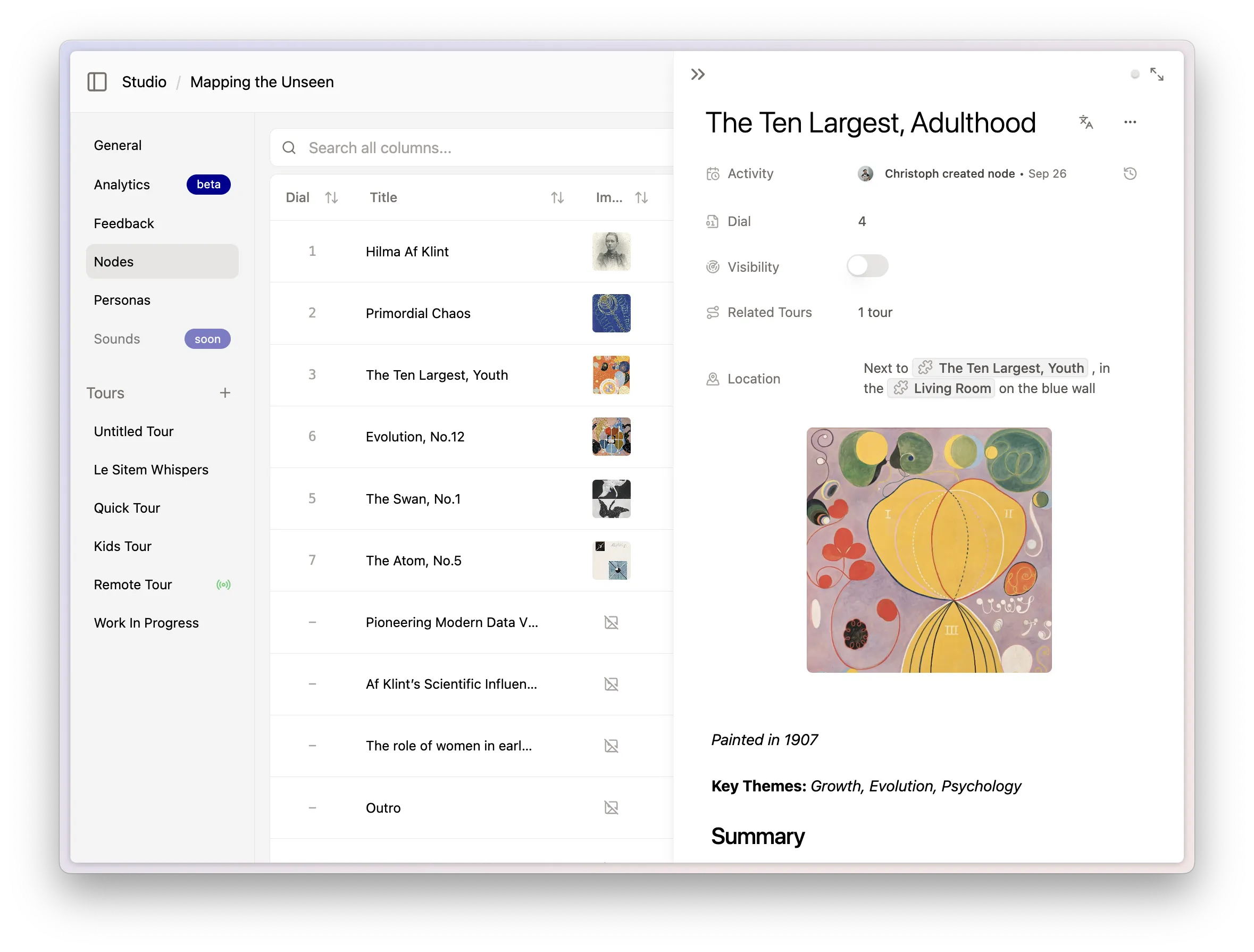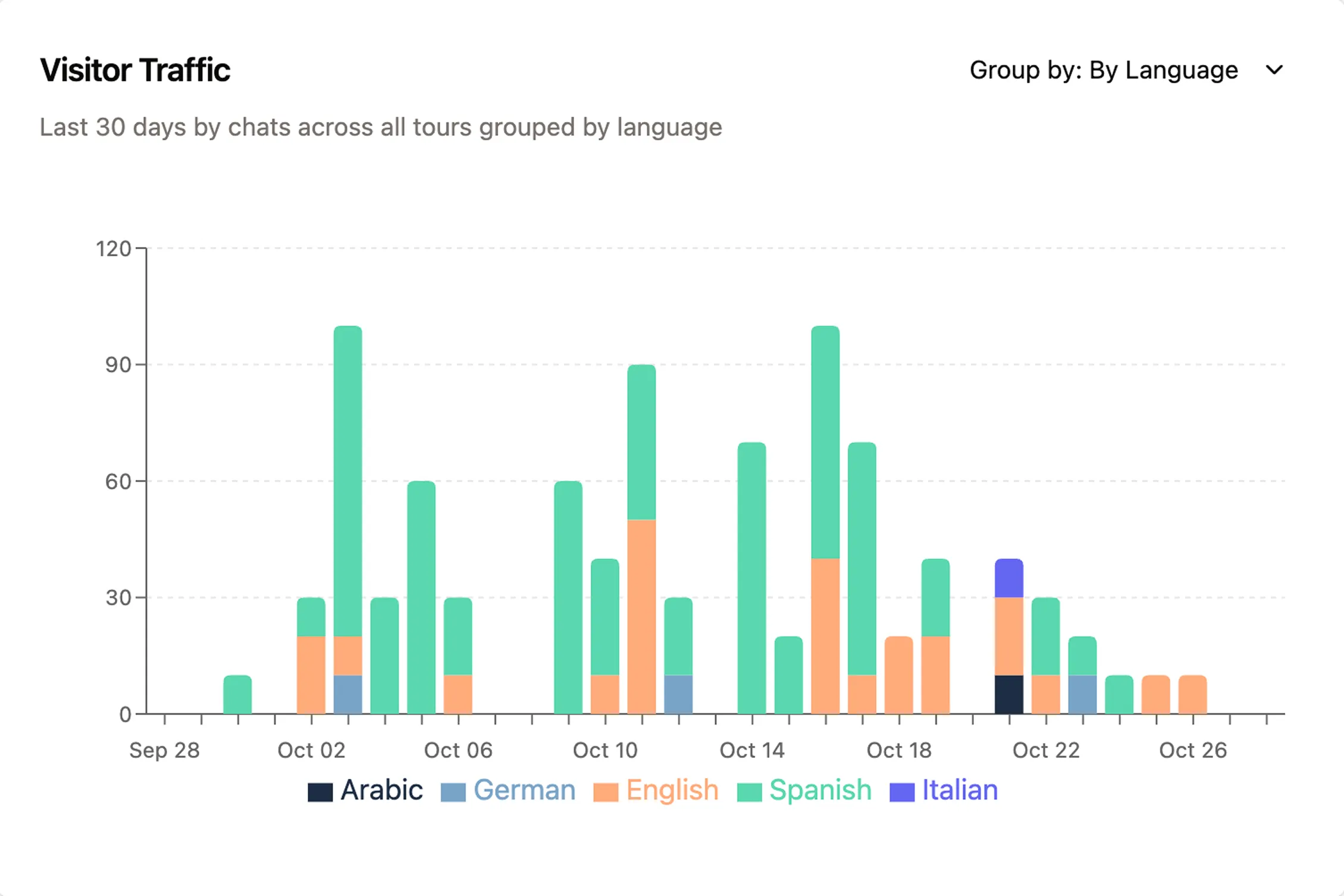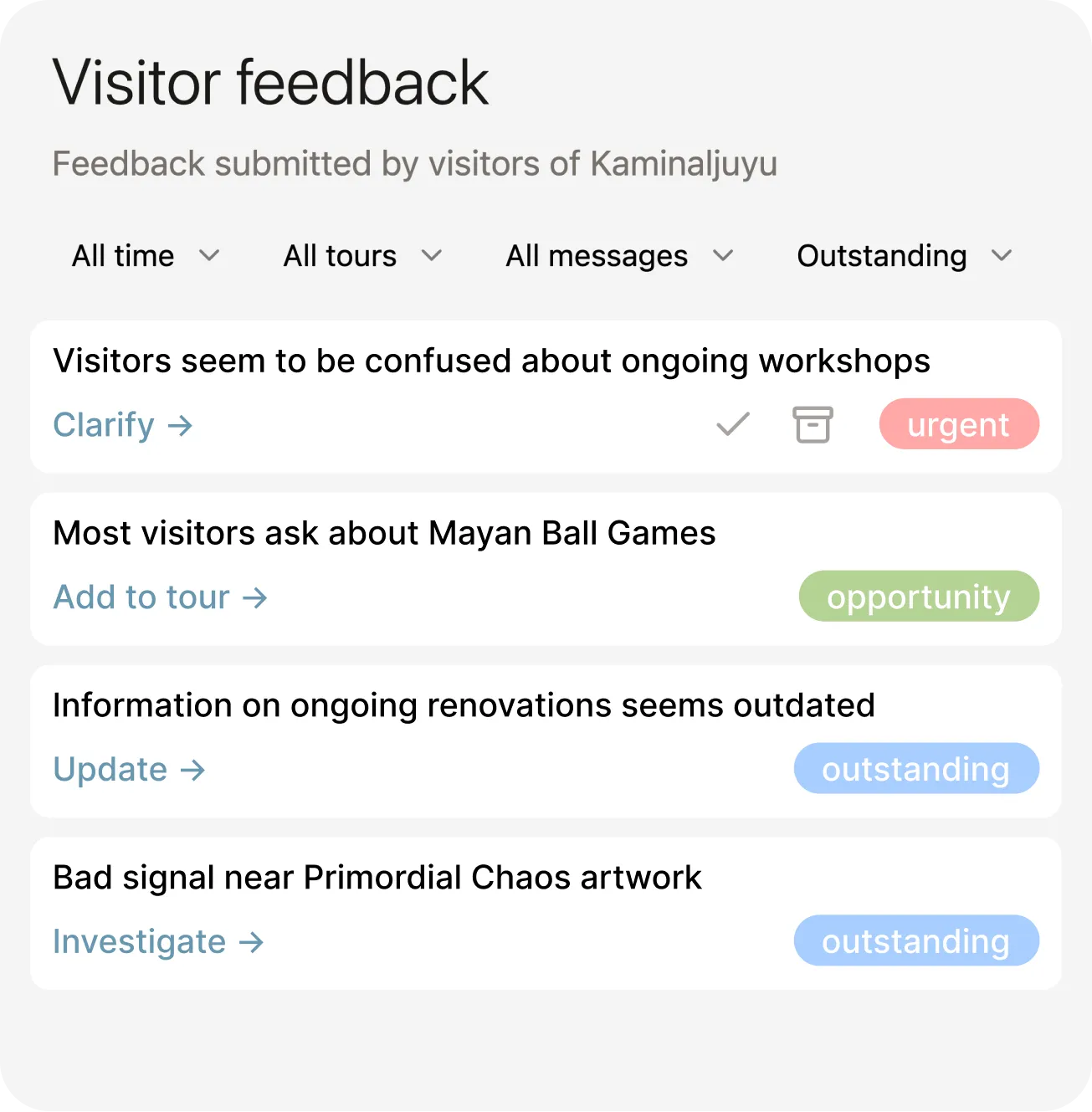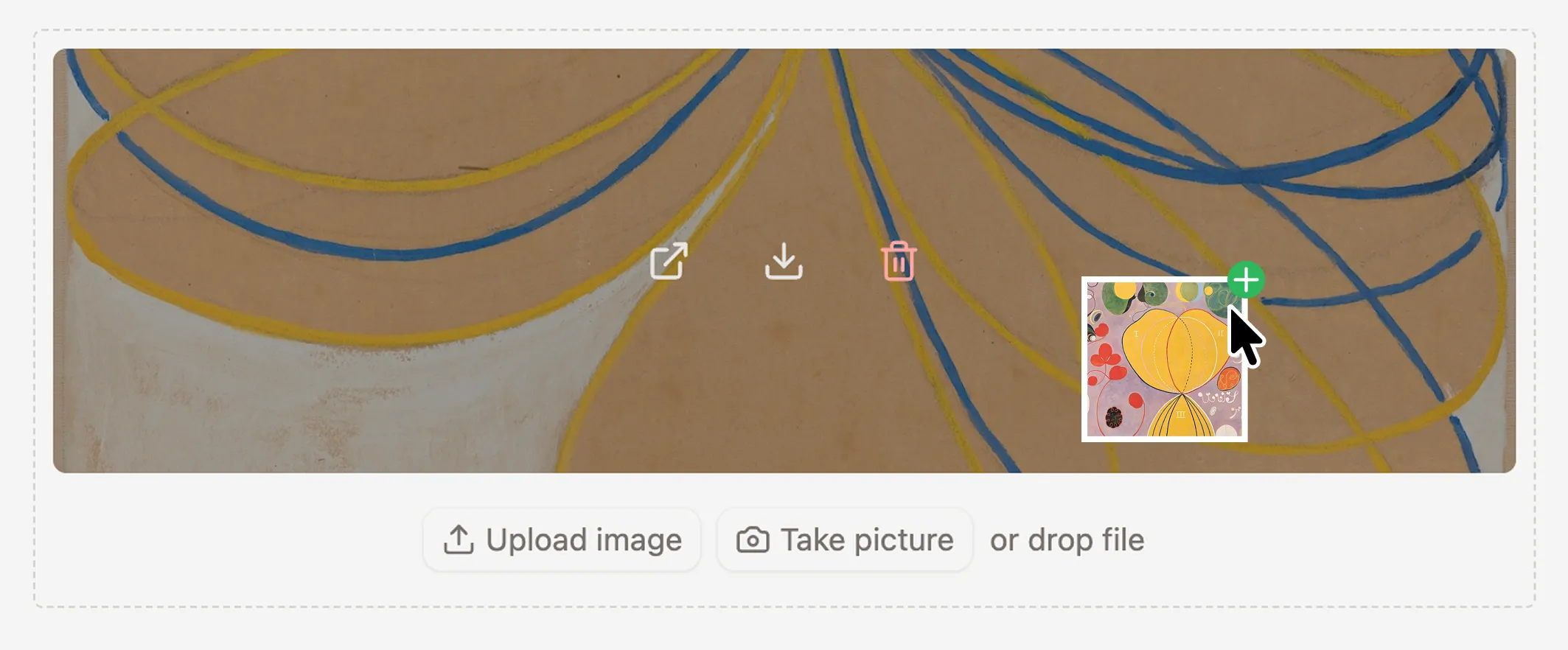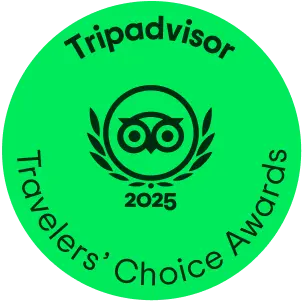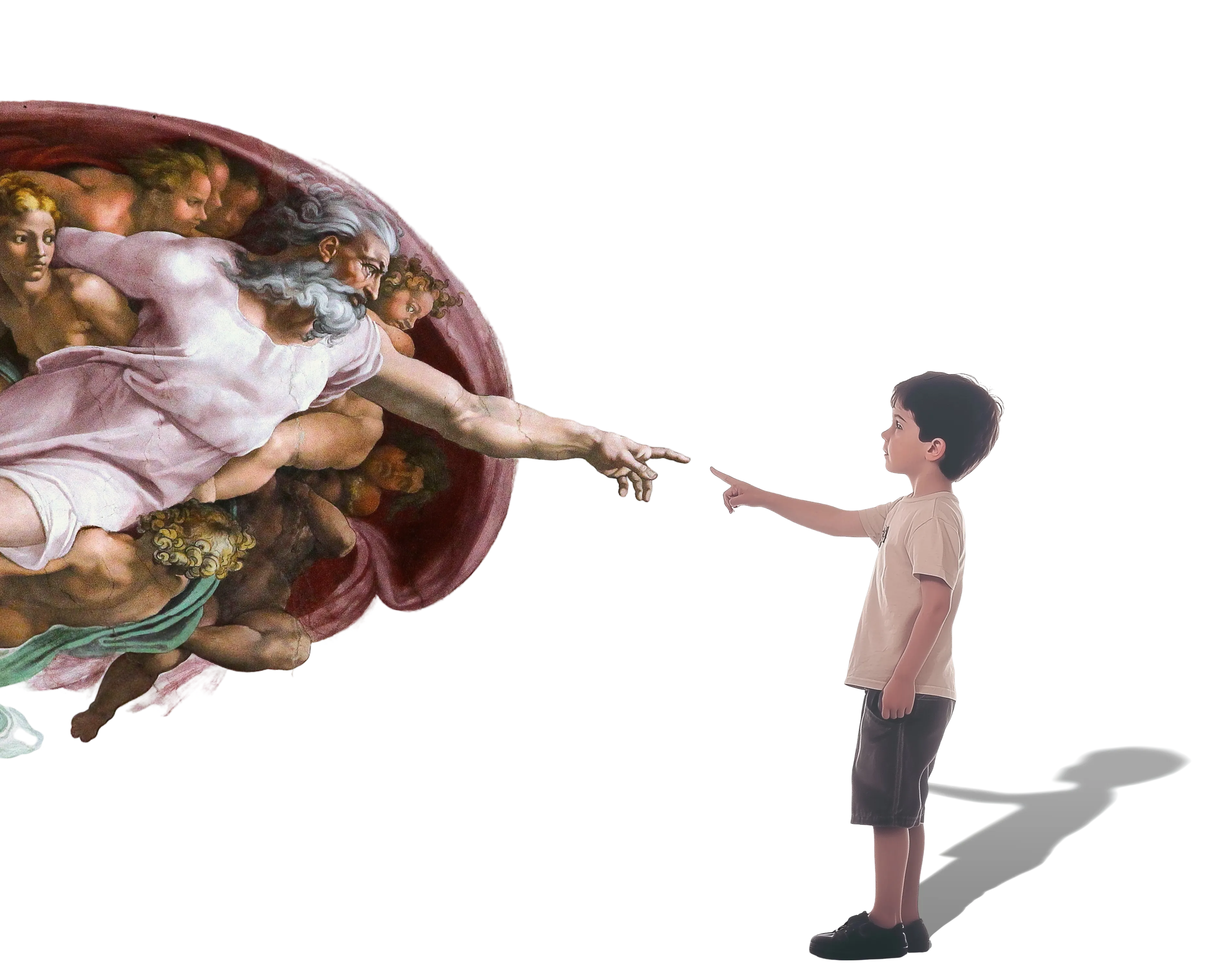
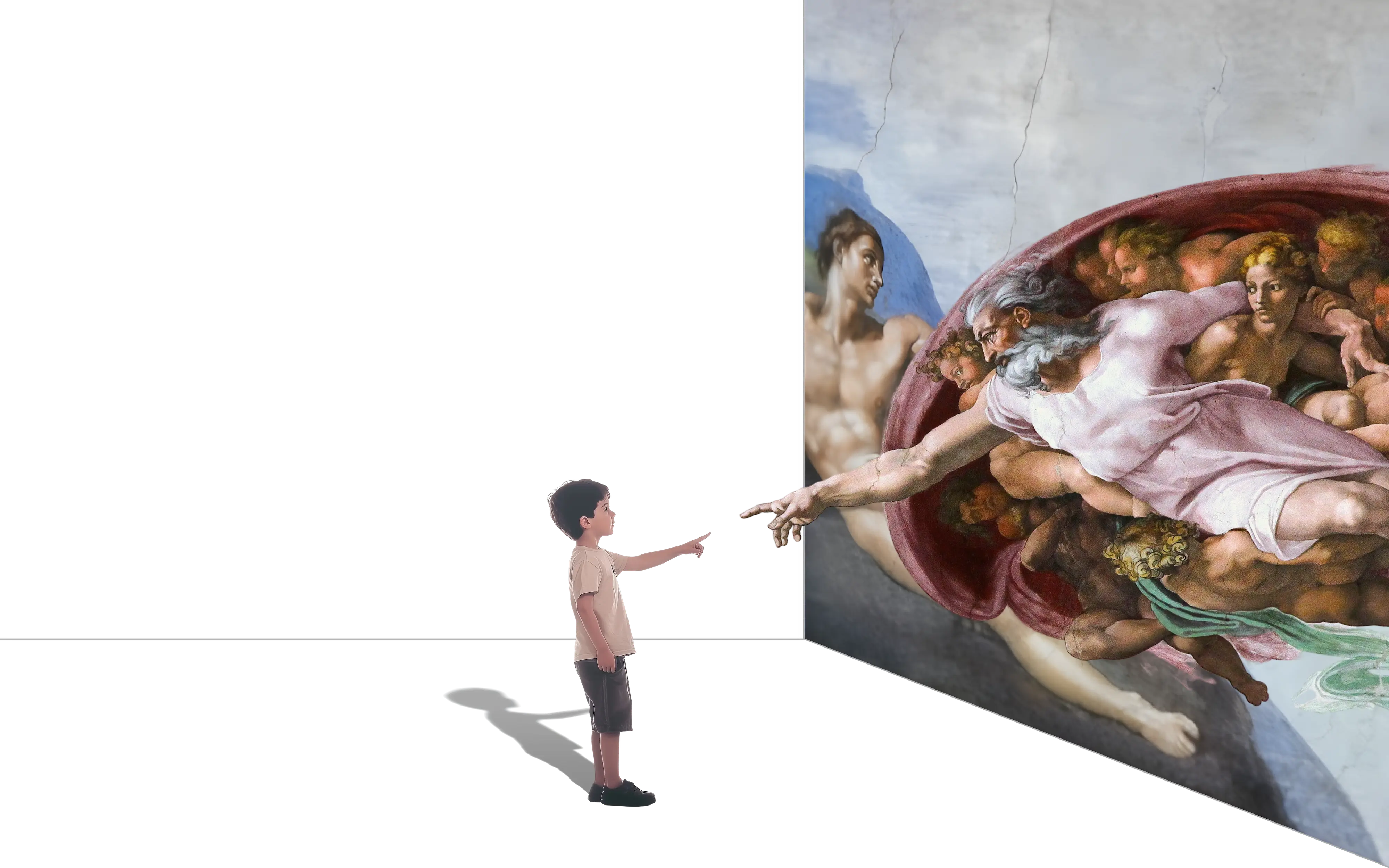
Trusted by storytellers of all sizes
Join leading cultural institutions worldwide who are revolutionizing visitor experiences with AI-powered audio guides.




Innovation that feels natural
Musa fundamentally revolves around guided tours curated by your museum and delivered by AI.
AI that adds value
We treat accuracy, reliability, and wayfinding as engineering problems. So that you can create with confidence.
Create the best Visitor Experience
1. Upload
Ingest floorplans, media, and text into one knowledge graph. Update anytime.
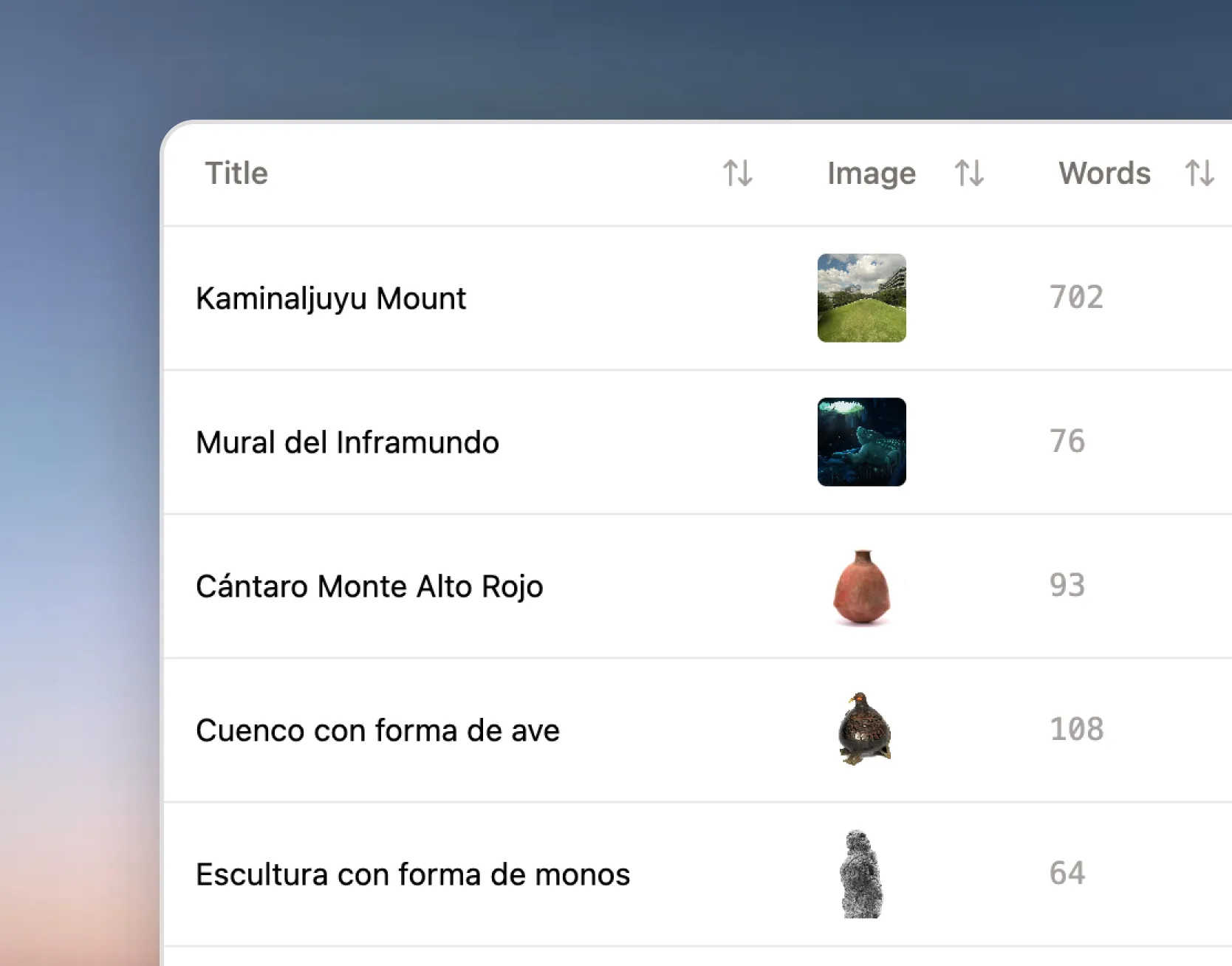
2. Design
Define tours, languages, pricing, and guardrails.

3. Feedback
See what resonates and what's missing. No guessing games.
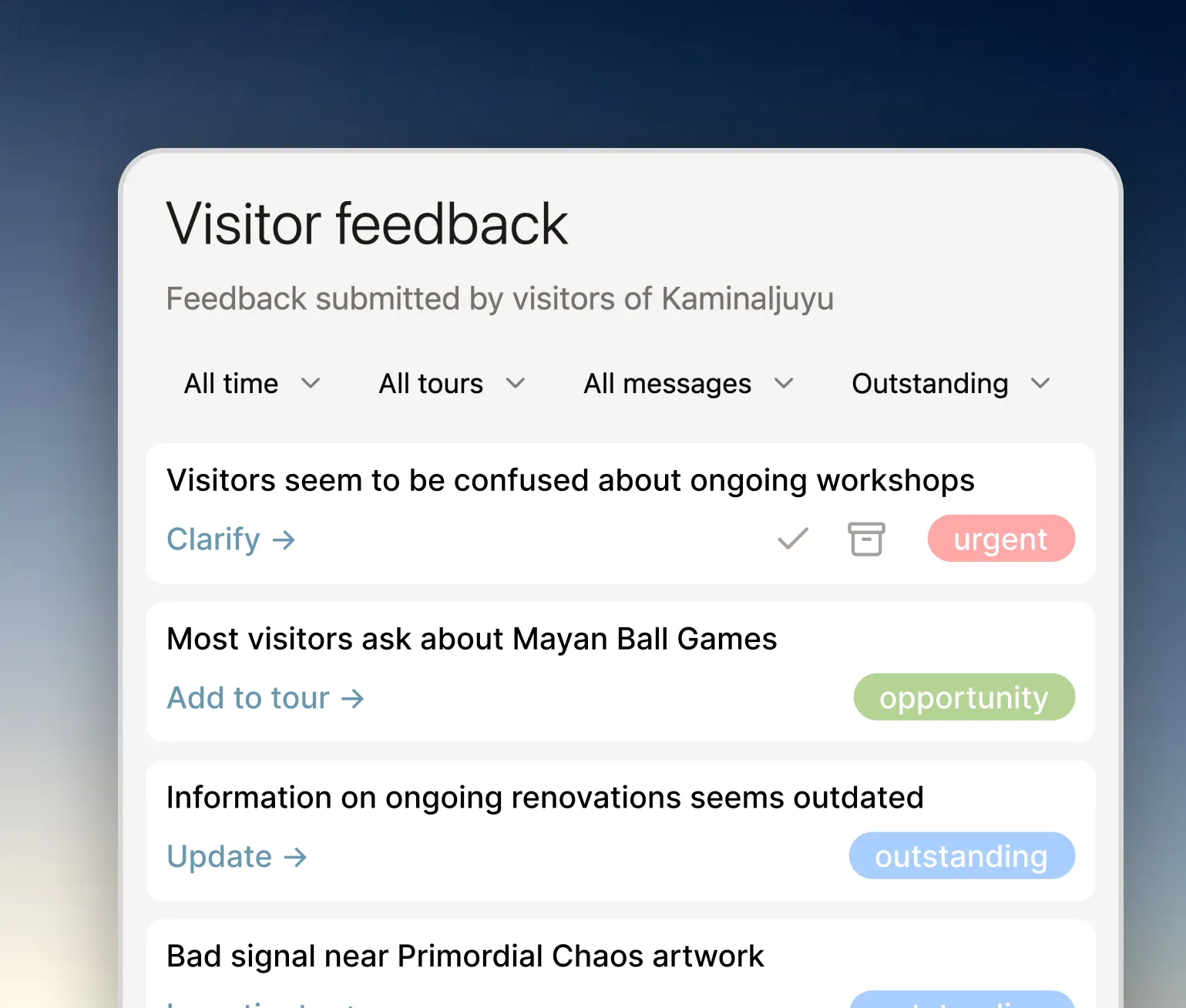
Understand your visitors
Get insights into how visitors interact with your content, what captures their attention, and how they navigate through your exhibitions.
Payments made simple
Focus on your visitors, not payment infrastructure. We handle the complexity so you can get started immediately.
No upfront costs
We onboard you at no cost. Get started instantly and begin accepting payments immediately.
Global payments, simplified
Support customers globally with built-in multi-currency payments, VAT compliance, and automatic localization.
Pricing that works for you
We support revenue share, subscriptions, or credit-based pricing. Switch between them anytime as your needs evolve.
